Many Students Have to Study Subjects which They Do not Like - IELTS Writing Task 2
9 min read
Updated On
-
Copy link
Examine sample answers for the IELTS Writing Task 2 agree and disagree essay topic ‘Many Students Have to Study Subjects which They Do not Like’. Also, have a look at the detailed outline and relevant vocabulary to know how to create your Band 7+ essay.
Table of Contents
- Essay Question for ‘Many Students Have to Study Subjects which They Do not Like’
- Outline for IELTS Agree Disagree Essay
- Sample Answers for Many Students Have to Study Subjects which They Do not Like IELTS Writing Task 2
- Vocabulary to Use for Many Students Have to Study Subjects which They Do not Like - IELTS Writing Task 2

Try AI Essay Checker for Instant Band Score
Education has evolved tremendously, yet one debate remains timeless - should students be compelled to study subjects they dislike? In an era where specialization and passion-driven careers are increasingly valued, many question whether time spent on unwanted subjects is truly beneficial. The IELTS essay ‘Many Students Have to Study Subjects which They Do not Like’ brings up this discussion.
In this article, we examine sample answers for the IELTS agree and disagree essay, ‘Many Students Have to Study Subjects which They Do not Like’, along with an outline and a list of good vocabulary words to use in an IELTS essay, which is crucial for achieving a 7+ band score.
Essay Question for ‘Many Students Have to Study Subjects which They Do not Like’
You should spend about 40 minutes on this task.
Many students have to study subjects which they do not like. Some people think this is a complete waste of time. To what extent do you agree or disagree with this statement? Give your own opinion and relevant examples.
You should write at least 250 words.
Outline for IELTS Agree Disagree Essay
Given below is the outline that will help you to understand how to write agree-disagree essays in IELTS.
|
Introduction
Body Paragraph 1
Body Paragraph 2
Conclusion
|
Sample Answers for Many Students Have to Study Subjects which They Do not Like IELTS Writing Task 2
We have provided you with three IELTS Band 9 essay samples on the topic 'Many Students Have to Study Subjects They Do Not Like', which will help you write your own essay and achieve a high score.
Many Students Have to Study Subjects which They Do not Like - Sample Answer 1
In modern education systems, students are often compelled to study a wide range of subjects regardless of their interests or future plans. I agree to a large extent that this practice can be an inefficient use of time, particularly when it hinders students’ motivation and prevents them from pursuing their strengths. Although a broad curriculum can help build general knowledge, the lack of flexibility in most systems often reduces learning effectiveness and personal engagement.
To begin with, forcing students to study subjects they dislike can have a negative impact on both academic performance and mental well-being. When learners lack intrinsic motivation, they are less likely to engage actively, think critically, or retain information in the long term. For example, a student who is passionate about fine arts may find compulsory subjects such as advanced mathematics or chemistry irrelevant and demotivating, leading to unnecessary stress and poor results. Instead of fostering curiosity, this rigid approach often causes frustration and disinterest in education as a whole. Time and effort could be better invested in exploring subjects that genuinely excite and inspire learners, helping them build confidence and purpose.
Moreover, the modern job market increasingly rewards specialization and creativity. Spending years studying irrelevant subjects can delay the development of essential professional competencies and soft skills. For instance, a student aspiring to become a software developer would benefit far more from deepening their understanding of coding, problem-solving, and technology-related subjects than from memorizing historical dates or biological processes. Allowing students to tailor their education according to their passions and career goals would make learning more meaningful and productive.
In conclusion, while a balanced foundation of knowledge has its advantages, compelling students to study subjects they dislike often leads to inefficiency and frustration. A more flexible and personalized learning model, built around individual strengths and ambitions, would produce happier, more capable, and future-ready learners.
Join our IELTS online classes and discuss your writing queries with the best experts!
Many Students Have to Study Subjects which They Do not Like - Sample Answer 2
In today’s competitive world, students have to study subjects that they are not interested in at schools. However, a broad knowledge is needed to succeed in any field, and thus I disagree that it is a waste of time if school students study such subjects.
Let us first examine the reasons why some people hold the opinion that students should not have to study all the subjects and should be allowed to choose the subjects they want to study. They claim that in this case, the students will probably be more enthusiastic about studying. In addition, if we force students to study all subjects, they will quickly lose interest in education. Moreover, let’s assume all subjects are compulsory for studying. In that case, students will not have enough time to learn all of them properly, and eventually, they will constantly be under a lot of pressure.
However, I believe that all subjects are of great importance, and for the holistic development of the students, they need to study all subjects equally at the school level. First, at the young age, they are not mature enough to decide their desired careers and related subjects. Thus, they should learn all subjects to realize their real interests in certain subjects. Second, the job market has been very demanding recently, and the recruiters select students who are skilled in various fields. Having the basic knowledge of myriad subjects during school time widens the horizons for the students, which will help increase every student’s employment opportunities.
In conclusion, I believe that students should learn all subjects at the school level as they are not mature enough to know their real interests at that age, and broad knowledge is also needed for their career development.
Get our Extensive Bundle for IELTS Writing (Academic) & simplify your writing worries!
Many Students Have to Study Subjects which They Do not Like - Sample Answer 3
Unlock Essay
It is a well-known fact that the curriculum followed by a majority of schools around the world consists of a diverse range of subjects. Thus, until a student reaches a particular stage in their education, they are required to study all of these disciplines and become equally proficient in each one of them. It is often a matter of debate, whether the efforts invested by students in subjects that they are not interested in is a waste of time. In my opinion, I disagree with the idea that acquiring knowledge on subjects that are outside a person’s preferences is impractical. In the following paragraphs, I will elaborate on the topic and support my views with relevant instances.
The rationale behind this framework of providing students with knowledge on an array of disciplines from a primary school level is quite simple in nature. Firstly, it is important to understand that one of the prime reasons for training school children in a variety of subjects is to facilitate the development of their minds. When the information received and processed by youngsters is diversified, it helps them to expand their cognitive abilities to a great extent.
Furthermore, having a wide assortment of subjects in the daily curriculum helps students understand these different fields of study more personally. Although this experience might not have immediate advantages, the expertise gained has immense benefits in the future. One of the merits of having an understanding of a wide set of disciplines is the ability to make better and more informed decisions when choosing a particular area of study for higher education. This facility is difficult to possess if the school curriculum is specialised in nature.
Nevertheless, it is important to acknowledge the level of academic prowess that can be developed, if the education system followed a more exclusive approach. That being said, such an approach has various intrinsic limitations and may create complicated hurdles for students.
In conclusion, I would like to end by saying that the methodology followed by the school system is a product of years of revision and refinement. Thus, even if a subject is being taught to students that might not be intellectually pleasing, it can be safely assumed that it has a valid purpose of being a part of the educational programme.
Vocabulary to Use for Many Students Have to Study Subjects which They Do not Like - IELTS Writing Task 2
Here is a list of advanced vocabulary word list for IELTS related to the topic, ‘Many Students Have to Study Subjects which They Do not Like’, that will help you boost your vocabulary.
|
Word/Phrase |
Meaning |
Example Sentence |
|---|---|---|
|
Intrinsic motivation |
the desire to do something because it is personally rewarding, not for external rewards |
Learners who have intrinsic motivation tend to perform better in creative subjects. |
|
Curriculum |
the subjects comprising a course of study in a school or college |
The new national curriculum emphasizes digital literacy and environmental studies. |
|
Flexibility |
the quality of being adaptable to change or different circumstances |
Educational flexibility allows students to tailor their studies to their interests. |
|
Fostering |
encouraging or promoting the development of something |
Schools should focus on fostering creativity rather than enforcing rote learning. |
|
Specialization |
the process of focusing on a particular subject or skill |
Medical students undergo years of specialization before becoming experts in their field. |
|
Competencies |
the skills, knowledge, and ability needed to do something successfully |
Employers look for candidates with strong interpersonal competencies and problem-solving skills. |
|
Tailor |
to adapt or modify something to suit a particular purpose or person |
The teacher tailored the lesson plan to meet the needs of slower learners. |
|
Holistic development |
development that addresses intellectual, emotional, social, and physical aspects of growth |
Schools today emphasize holistic development through sports, arts, and academics. |
|
Myriad |
a countless or extremely great number |
The Internet provides myriad opportunities for self-directed learning. |
|
Widen the horizons |
to increase someone’s knowledge, understanding, or experience |
Studying abroad can widen students’ horizons and expose them to global perspectives. |
|
Proficient |
skilled and competent in doing or using something |
She became proficient in data analysis after completing several online courses. |
|
Rationale |
the underlying reason or justification for something |
The rationale behind introducing coding in schools is to prepare students for the digital age. |
|
Cognitive abilities |
mental skills used for acquiring knowledge and understanding through thought and experience |
Puzzles and logic games enhance children’s cognitive abilities from an early age. |
|
Assortment |
a collection of different types of things or people |
The library offers an impressive assortment of books on science and philosophy. |
|
Prowess |
great skill or ability in a particular activity or field |
His academic prowess earned him a scholarship at a top university. |
|
Intrinsic limitations |
built-in or natural restrictions that are part of something’s nature |
Every educational system has its intrinsic limitations that affect overall quality. |
|
Refinement |
the process of improving something to make it more effective or sophisticated |
The policy has undergone years of refinement to ensure it meets global standards. |
|
Facilitates development |
helps or makes it easier for growth or progress to happen |
Early exposure to multiple languages facilitates development of cognitive flexibility. |
|
Hinder |
to make it difficult for something to develop or succeed |
Poor time management can hinder a student’s academic success. |
To conclude, in the ever-changing world of education, the key lies in creating systems that respect both curiosity and career readiness, ensuring that education remains both practical and inspiring. So, to achieve the Band 7+ score in your writing module, take up IELTS Writing practice tests regularly and review your skills for more confidence and better cohesive writing.
Useful Links:
- Three Major Subjects – IELTS Writing Task 2 Argumentative Essay
- Nowadays Information is Freely Available on Internet Therefore is No Longer Need for Museum - IELTS Writing Task 2
- Whoever Controls the Media also Controls Opinions and Attitudes of the People - IELTS Writing Task 2
- It Is More Important To Spend Public Money On Promoting A Healthy Lifestyle - IELTS Writing Task 2
- Children Are Becoming Overweight And Unhealthy- IELTS Writing Task 2
- There Have Been Many Inventions in Human History Such as the Wheel - IELTS Writing Task 2
- Tips to Write an Effective Introduction for IELTS Writing Task 2
Practice IELTS Writing Task 2 based on Essay types

Start Preparing for IELTS: Get Your 10-Day Study Plan Today!
Explore other Writing Task 2 Actual Tests
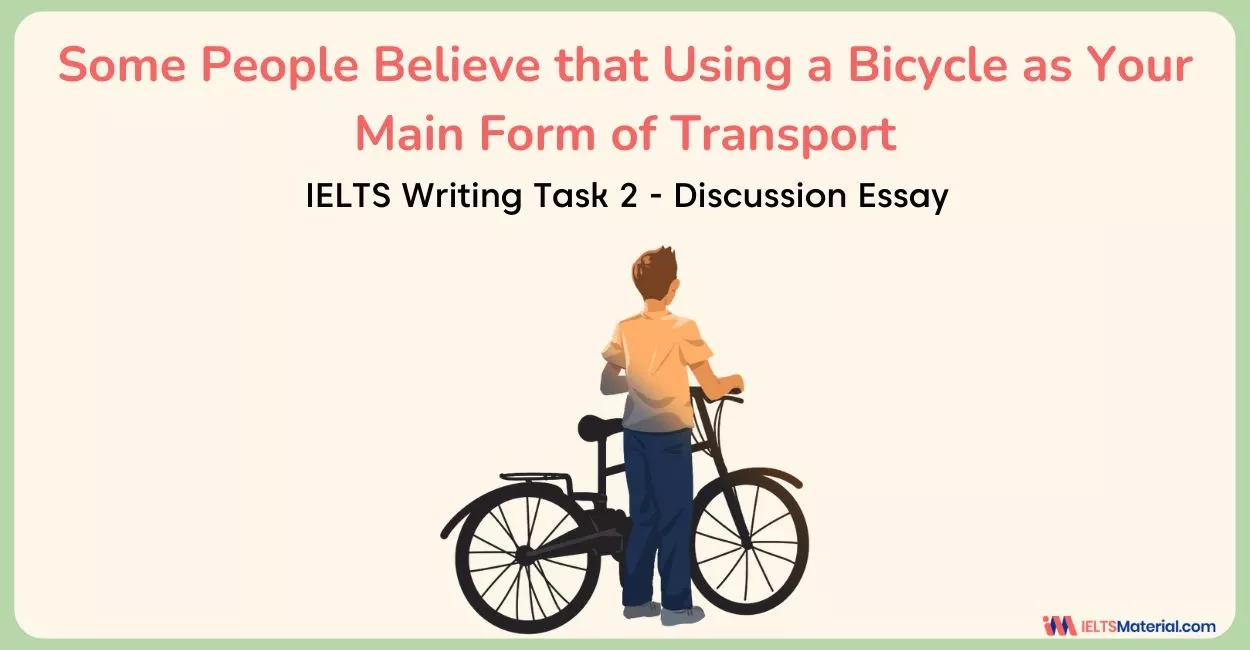
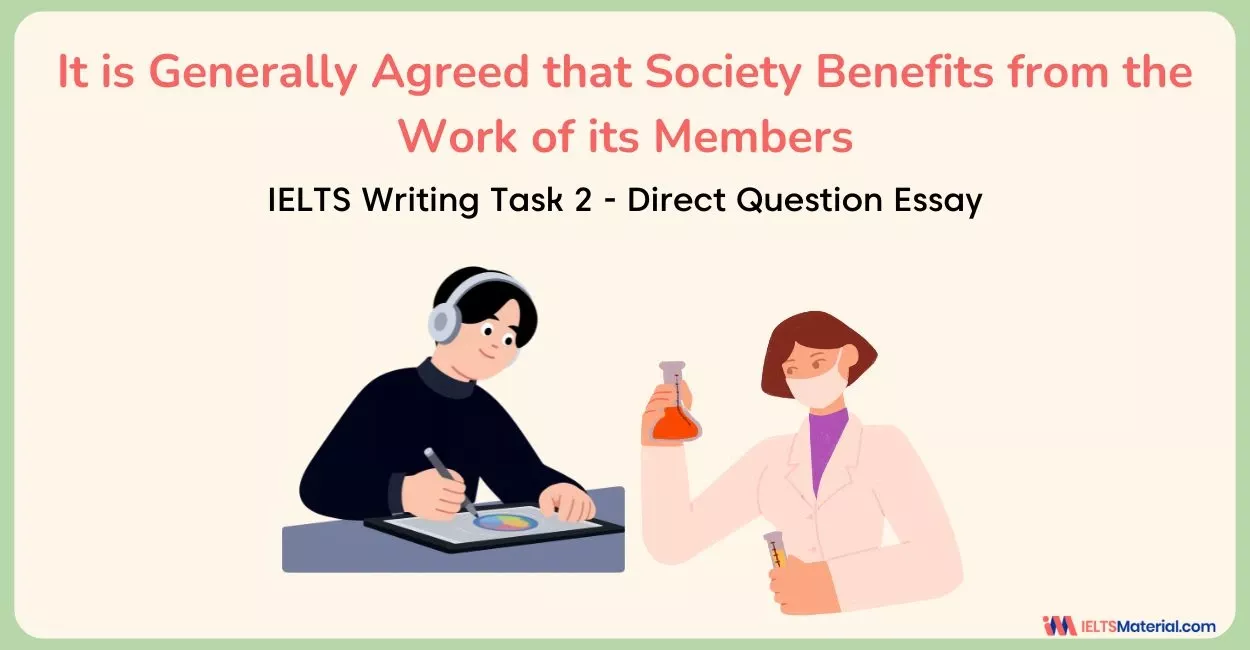
Recent Articles

Haniya Yashfeen
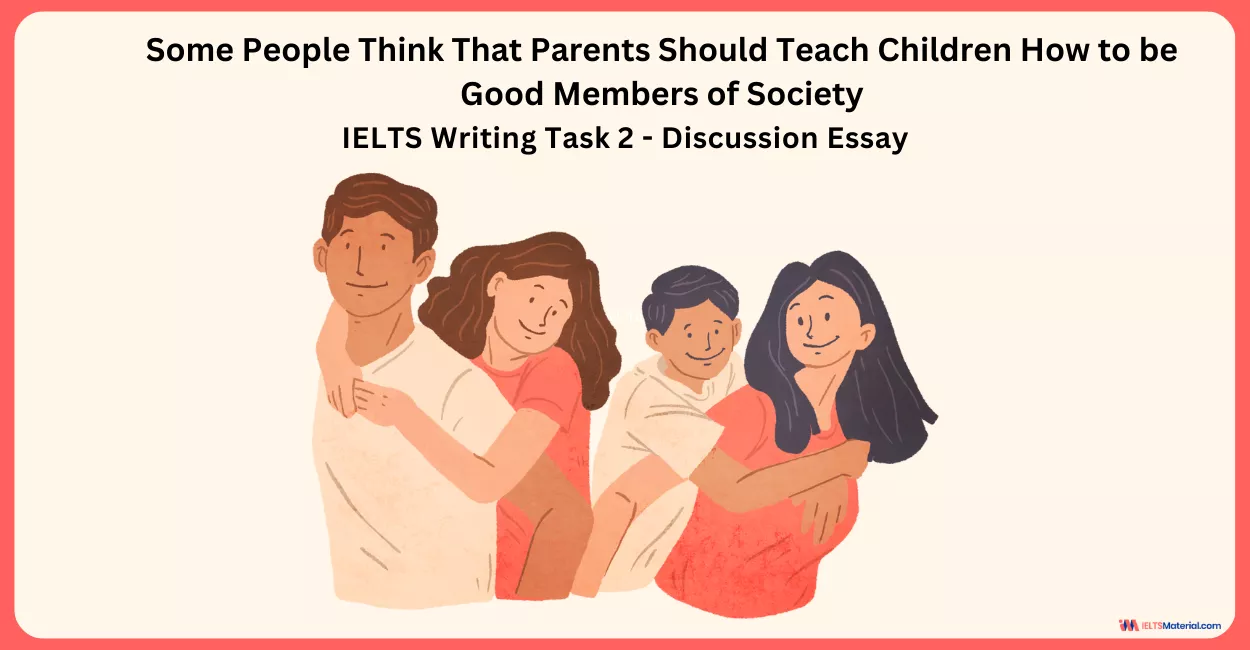

Prity Mallick

Kasturika Samanta
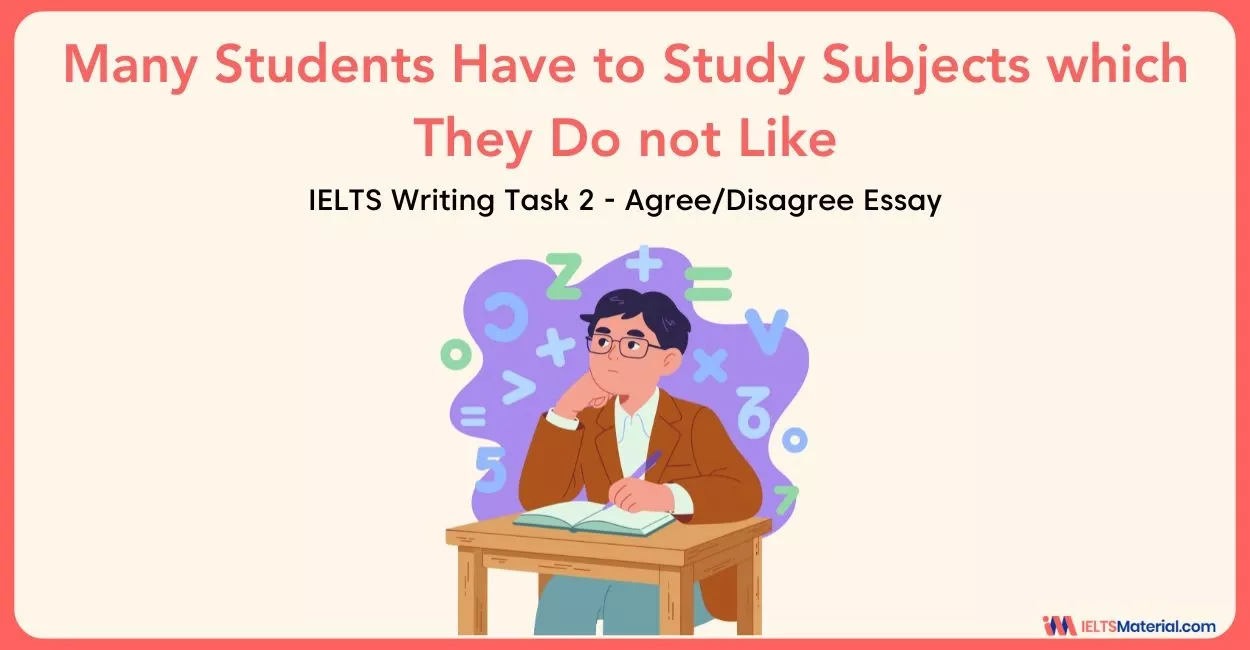

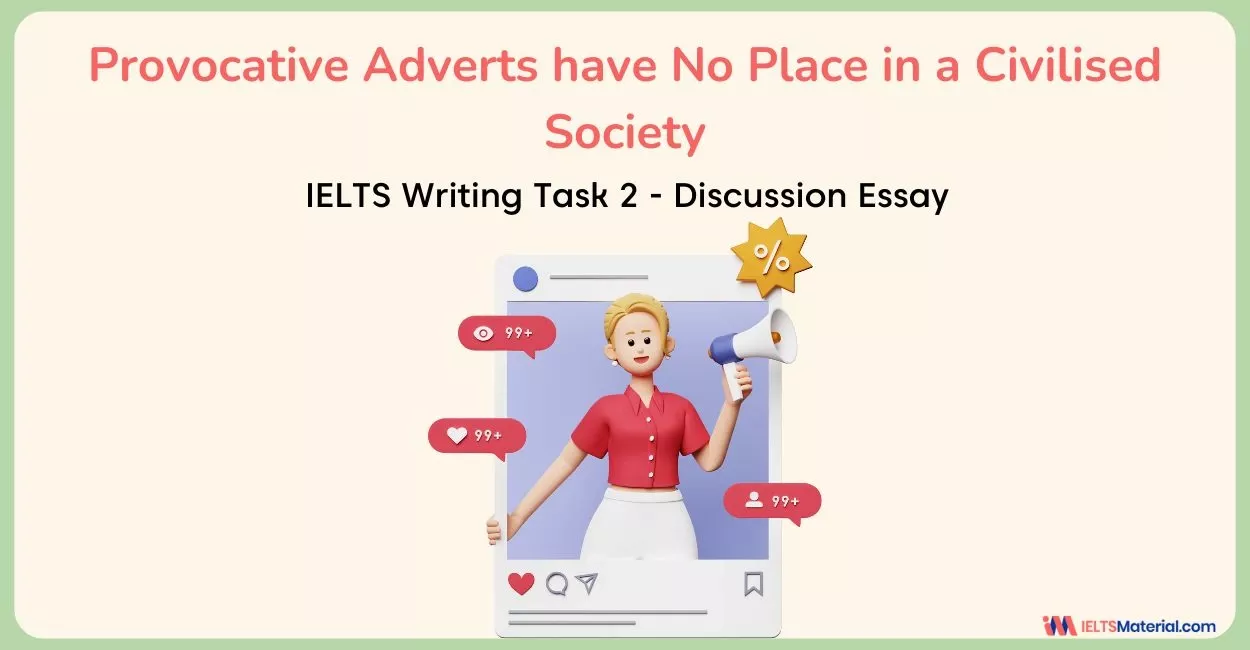
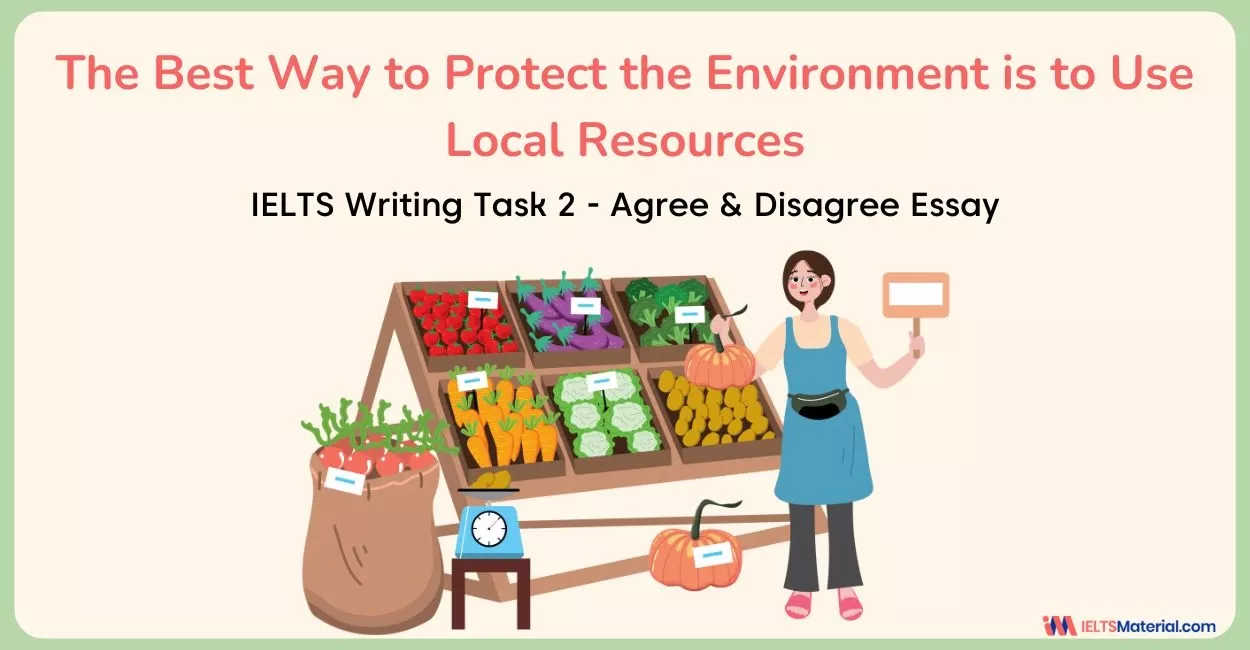


Post your Comments